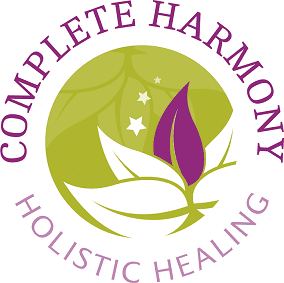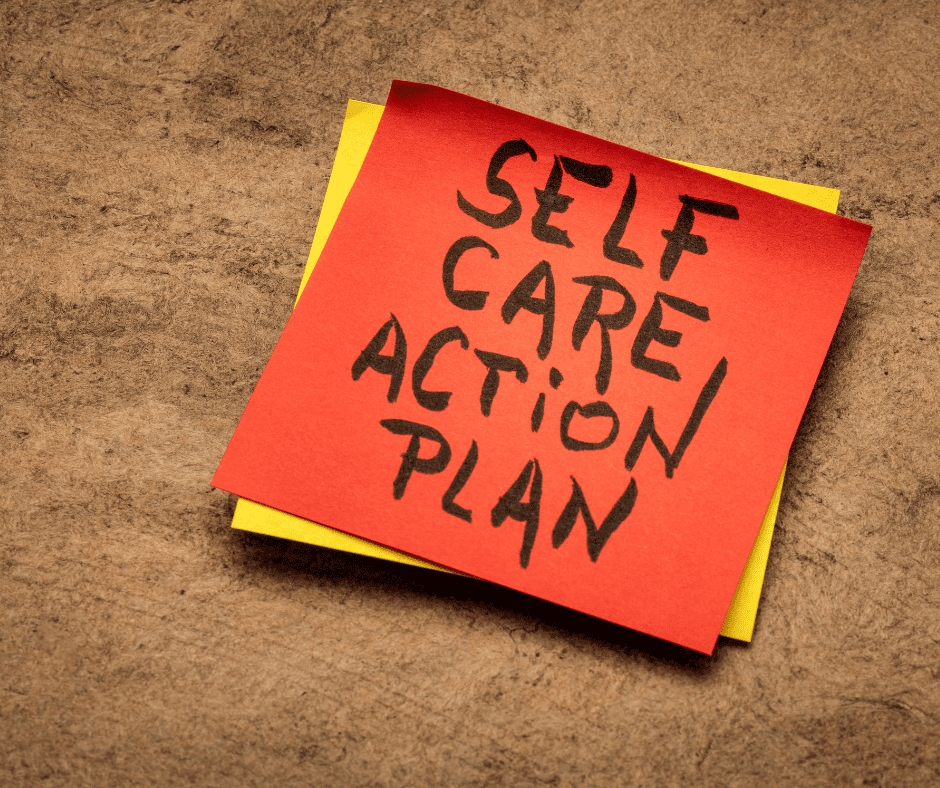Most of us spend much of our time attending to the needs of others at home or at work. But making the time to do something for ourselves and practise self-care is important too.
This could take the form of caring for family members and supporting friends, at work when you are making sure clients are happy or you’re always available to give support to colleagues. By doing this you are showing kindness and compassion to others which also makes you feel good. But the one person you are overlooking whilst caring for others is yourself.
What is self-care?
Many people hold back from practising self-care as it’s often viewed as a selfish act, done by people who are self-absorbed. They think it’s for people who have too much time on their hands. It’s seen as indulging in bubble baths, scented candles, facemasks and Netflix binges. All these things are lovely, but self-care is so much more than this. Self-care is not about being selfish it’s about taking action to improve your health and giving yourself the opportunity to nurture your mind and body.
The Oxford Languages definition of self-care is…
the practice of taking action to preserve or improve one’s own health and
the practice of taking an active role in protecting one’s own well-being and happiness, in particular during periods of stress.
Why do we need to practice self-care?
At a basic level self-care is eating healthily, exercising regularly, getting adequate sleep and living a balanced life. But it doesn’t stop there. Self-care is also about taking care of yourself for the wellbeing of your body and mind.
Regularly incorporating self-care into your life will:
- promote feelings of self-worth
- encourage feelings of gratitude
- help build resilience
- help you to manage stressful situations better
- reduce your stress levels
As a consequence, you will see improvements in your physical, mental and emotional health.
For many people, self-care involves physical activities, usually done sporadically as a way of treating themselves. To fully benefit from self-care, you need to be practising it regularly and make it part of your daily routine.
Recognising when you’re not practising self-care
Over recent years mental health has become a big topic. Celebrities have shared their mental health challenges and this has helped us to start talking about our own. There have also been studies that highlight the importance of self-care not only for our physical health but for the benefit of our mental and emotional health too.
Having worked as a health and wellness practitioner for over 15 years providing hands-on treatments, most people who use my services come because they have physical ailments; aching shoulders, IBS, regular headaches etc. After chatting to them it’s apparent to me that these physical symptoms are manifestations of how they are feeling. They feel worried, stressed, anxious, or overwhelmed by their current situations and possibly heading towards burnout. These are all signs that there is a lack of self-care.
If left untreated a lack of self-care can affect your mental health and show up as stress-related symptoms such as:
- mood swings
- difficulty sleeping
- being easily agitated
- a lack of concentration
- over-eating or drinking excess alcohol
- chest pains
- high blood pressure
3 areas of Self-care
When thinking about where to start working on your self-care on a regular basis, finding daily activities that support your mind, body and emotions is a good place to start. What you do in these areas will align you with your values and form the foundations for moving forward. They promote feelings of self-worth, which will strengthen your self-confidence helping you to feel alive, energised and refreshed.
Ask yourself: –
1. What do I do to relax – mentally, physically, and emotionally?
2. What’s on my to-do list that’s just for me?
3. How often do I take time out to focus on myself?
4. How do I feel about my answers to the questions above?
Be honest with yourself as your answers to these questions will give you an indication of your level of self-care and the restrictions and challenges you may need to work on.
Practising Self-care
You may already have some aspects of self-care as part of your daily routine – eating well most of the time and exercising when you can, which are good places to start, but for all-around good health, more needs to be done.
Treating yourself every now and then is great and gives you that instant feel-good feeling that we all love, but regular self-care on an ongoing basis will have a big impact on your overall health and wellbeing long-term. Like most things, you want to be good at what you put your mind to, but that takes practice.
Self-care is different for everyone and you will only continue doing something if you can see the benefits and you enjoy it. If you haven’t practised self-care for some time, what to do and finding the time are usually the two major stumbling blocks.
My Self-care for Busy Women book will help you take your first steps in making self-care part of your daily life. In it I share the HOW, WHAT, WHEN and WHY of regular self-care for your mental, emotional and physical health and wellbeing. This book will also help you to:-
- recognise that your needs matter
- identify what self-care is right for you
- incorporate regular self-care into your busy life
- Create your own self-care action plan
- learn how to spend time on yourself without feeling guilty.
Here’s what Alison had to say after using my Self-care for Busy Women book…..
“I purchased this book because self-care is an important aspect of my life. What I liked most was its simple format. It was the useful reminder I needed and it gave me some simple tools I had forgotten about.”
Alison, Tamworth
Use the link below to find out more about Self-care for Busy Women
About Sharon

Sharon lives with her partner, Geoff, in Warwickshire and they have two adult children. She worked for over 25 years in an office environment, gaining qualifications to degree level in finance, business, and management. While there Sharon witnessed and experienced many stressful situations and suffered illnesses that were stress-related.
Sharon was advised to make some changes to her lifestyle which included trying complementary therapies. After experiencing the benefits of complementary treatments, Sharon decided to retrain and share her knowledge and experiences to help others recognise and manage their own physical and emotional stress and anxiety levels.
She has been working as a complementary therapist for over 15 years now and loves helping people manage and reduce their stress levels to feel uplifted, focused, positive and empowered about their lives.




